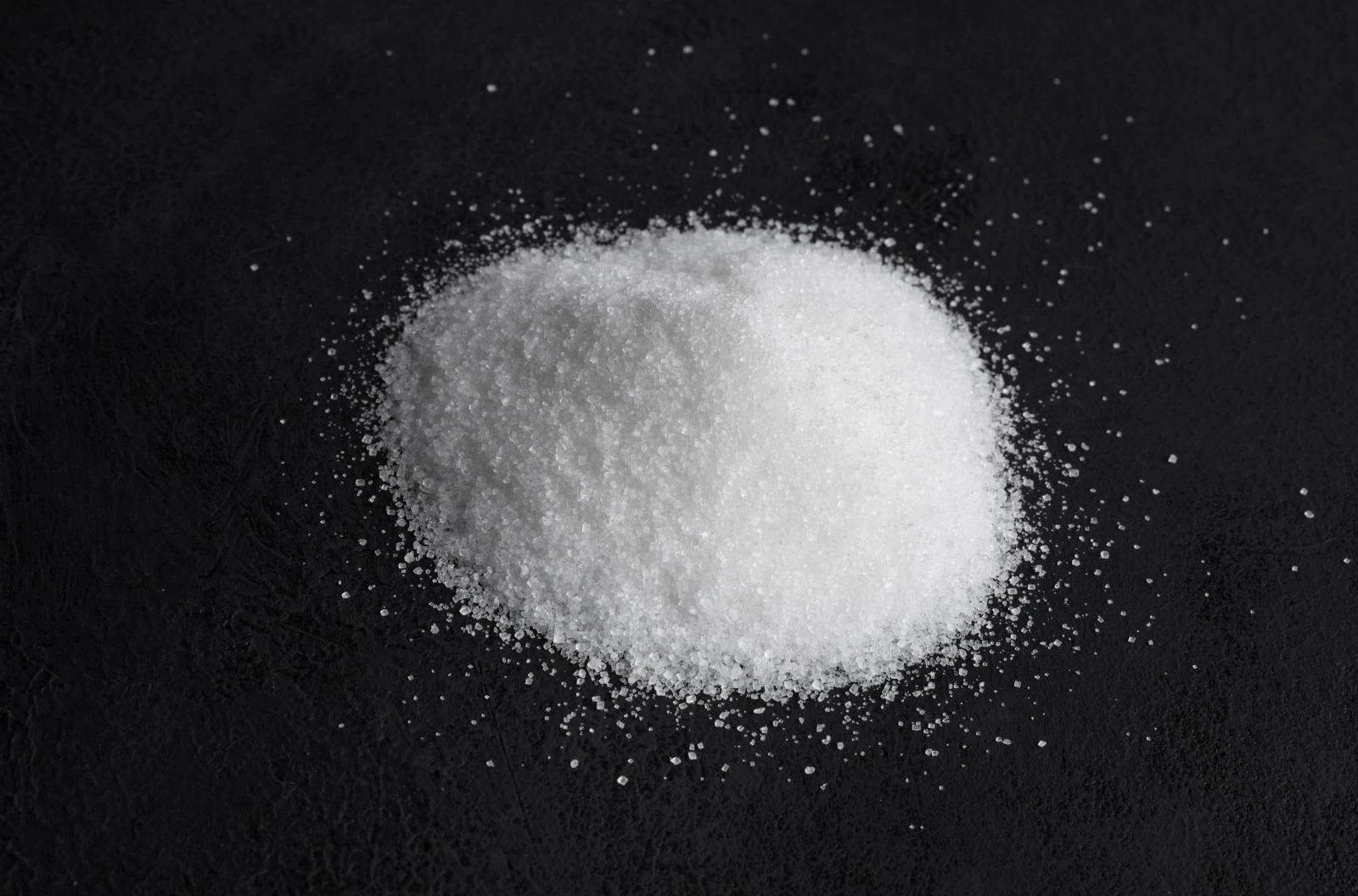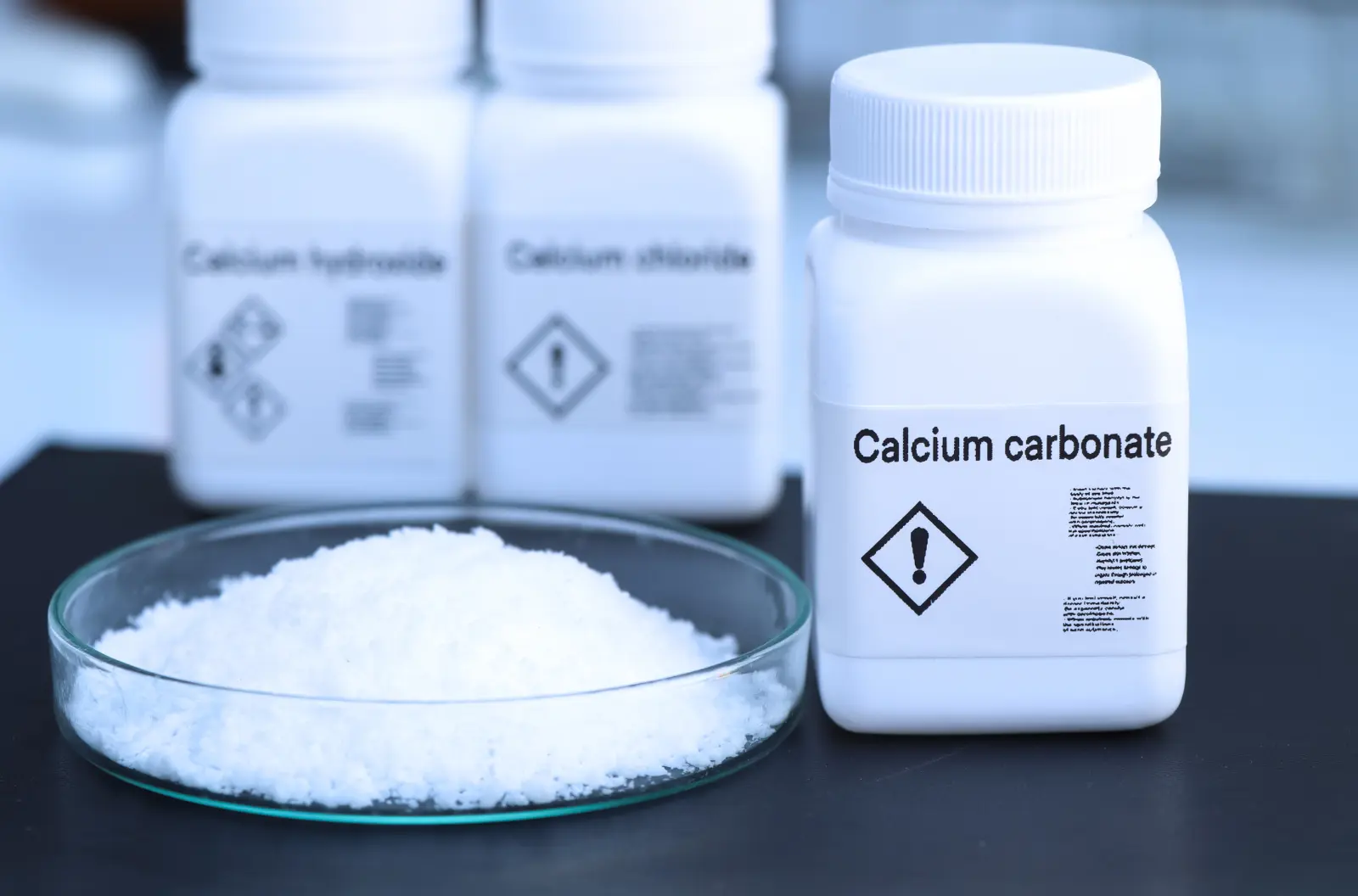TABLE OF CONTENTS
TABLE OF CONTENTS
Sodium gluconate is a versatile compound widely used in various industries, including food, pharmaceuticals, and cosmetics. Its applications and benefits have raised questions about its safety, toxicity, side effects, and gluten-free status. This blog post aims to provide a thorough, easy-to-understand, and engaging exploration of these aspects.
Is Sodium Gluconate Safe?
Sodium gluconate is recognized as safe by the U.S. Food and Drug Administration (FDA) under the generally recognized as safe (GRAS) designation. This status means it is considered safe for use in foods, pharmaceuticals, and cosmetics when used appropriately.
Food Industry
In food products, sodium gluconate acts as a flavor enhancer and preservative. It helps maintain the freshness and quality of food, ensuring products stay consumable for longer periods.
Pharmaceutical and Cosmetic Industries
In pharmaceuticals and cosmetics, sodium gluconate serves as a stabilizer and chelating agent. It improves the efficacy and shelf life of various products by binding to metal ions, which can destabilize the product.
Scientific Support
Numerous studies support the safety of sodium gluconate. These studies have found no significant health risks when sodium gluconate is used within recommended limits. Its established safety profile makes it a reliable ingredient for manufacturers and consumers.
Is Sodium Gluconate Toxic?
Toxicity concerns are common with many compounds, but sodium gluconate has been extensively researched and shown to have a very low toxicity level.
Metabolism and Excretion
The human body efficiently metabolizes and excretes sodium gluconate, reducing the risk of accumulation and adverse effects.
Research Findings
Animal studies indicate no significant toxic effects even at high doses. Similarly, human studies have confirmed that sodium gluconate is safe when used as directed. Consequently, sodium gluconate is considered non-toxic and safe for use in various applications.
Sodium Gluconate Side Effects
While sodium gluconate is generally safe, some individuals may experience side effects, particularly those with sensitivities or allergies to similar compounds.
Common Side Effects
Gastrointestinal Discomfort: Mild symptoms such as bloating or gas can occur.
Skin Irritation: Allergic reactions or irritation may happen when used in topical products.
These side effects are rare and typically mild. If any adverse reactions are experienced, it is advisable to discontinue use and consult a healthcare professional.
Is Sodium Gluconate Gluten Free?
For those with celiac disease or gluten sensitivity, ensuring that food and personal care products are gluten-free is crucial. Sodium gluconate is derived from glucose, usually sourced from corn or other gluten-free grains.
Gluten-Free Assurance
As a result, sodium gluconate does not contain gluten and is safe for individuals following a gluten-free diet. Many manufacturers label their products as gluten-free to provide assurance. However, checking product labels or contacting manufacturers for confirmation is always a good practice.
Conclusion
Sodium gluconate is a safe, non-toxic compound with minimal side effects, making it a valuable ingredient in various industries. Its gluten-free status further enhances its appeal for those with dietary restrictions. Whether used in food products to enhance flavor and preserve freshness or in pharmaceuticals and cosmetics to stabilize formulations, sodium gluconate offers numerous benefits without compromising safety. Always consult product labels and professionals if you have specific concerns about its use.
FAQs
Can children safely consume products with Sodium Gluconate?
Yes, within regulated limits, Sodium Gluconate is safe for consumption by people of all ages, including children.
How can I check if a product contains Sodium Gluconate?
Look at the ingredient list on the product label. Sodium Gluconate is often listed directly by name under ingredients.
Are there any environmental concerns associated with Sodium Gluconate?
Sodium Gluconate is biodegradable and considered environmentally friendly. It does not accumulate in the ecosystem or harm wildlife.
Contact Us
Questions or looking for a quote?



